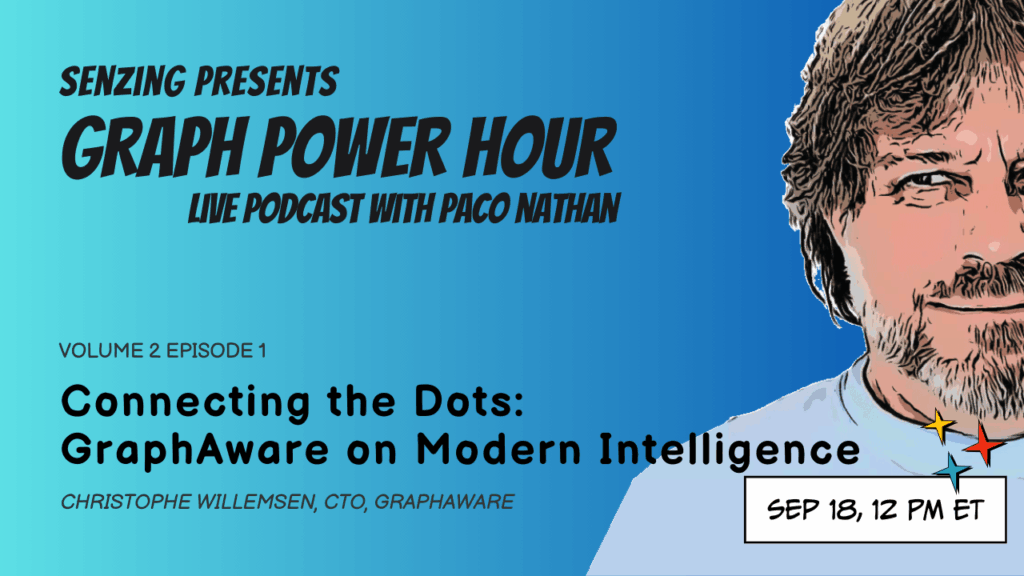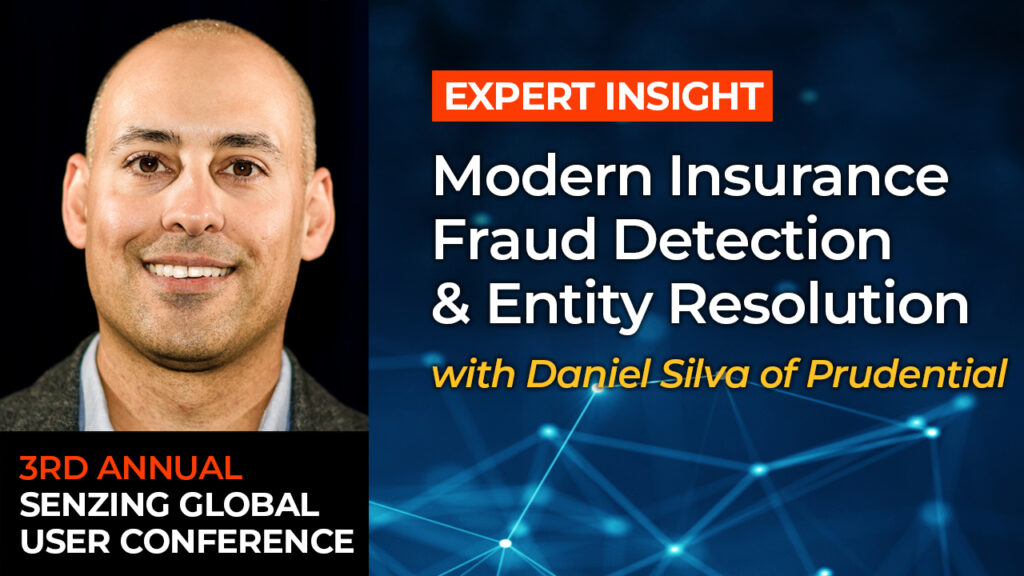Perpetual KYC for Financial Services
Perpetual Know Your Customer for Financial Services
Perpetual KYC (Know Your Customer) is crucial for modern financial institutions aiming to prevent fraud, comply with regulations and maintain their integrity. Perpetual KYC processes enable organizations to continuously keep an eye on how risk or opportunity is changing over time, in real time. Watch the video below as Senzing CEO Jeff Jonas and Head of Sales Will Layton dig into the value of enabling perpetual KYC with Senzing® entity resolution.
When a bank onboards a new customer, their identity is confirmed and the risk is evaluated. But what if, after that, something changes, and the bank doesn’t find out about it for months or years?
Perpetual KYC allows financial services companies to continuously vet customers (and vendors, employees and others too) for new or changing risks, including potentially suspicious activities that call for investigation. To successfully implement perpetual KYC capabilities, you need highly accurate entity resolution software that is truly real time so you can continuously ingest, resolve, query and self-correct streaming data at transaction speeds.
Edited Video Transcript
Timestamps
0:00 Introduction – Perpetual KYC for Financial Services
0:27 Perpetual KYC to Manage Customer Risk for Financial Services
0:57 Continuous Vetting for Financial Services | Who and What
1:31 The Value of Perpetual KYC for Financial Services
Will: We’re talking about continuous vetting [or perpetual KYC] with Jeff. When we try to apply that to financial markets, when a bank onboards a customer, they’re going to vet that customer initially, make sure it’s a valid ID, things like that. How does continuous vetting apply after that?
Jeff: Well, that is totally where continuous vetting [or perpetual KYC] applies because you are trying to in real time determine if the things you’ve already looked at have maybe changed in their character.
0:27 Perpetual KYC to Manage Customer Risk for Financial Services
Jeff: So, an example in this case would be, what if a bank has onboarded a customer who is a synthetic identity. They have a lot of synthetic identity tests, but it made it through. Now what? Well, what if eight, nine days later, some other data changes? They’ve changed their email address, a new account has shown up over here, and it’s that new data that has arrived that allows you to make a determination, a better determination, if that account you already cleared maybe needs a second look.
0:57 Continuous Vetting for Financial Services | Who and What
Will: And that would apply even to your employees, your board members, as well as your customers. You’re always looking for that, right?
Jeff: Absolutely. It would be any, you know, you’d want to do it on people that you consider most trusted. Could be your vendors, your contractors, people with access to your facilities, executives or senior executives.
A key thing about continuous vetting or perpetual vetting, whatever you want to call it, is it assumes, when you’re making a determination that you have all the data in hand. But what are the odds that maybe there’s a piece of data that you needed to make that decision, but it just hasn’t arrived yet or become available to you yet.
1:31 The Value of Perpetual KYC for Financial Services
And, as crazy as this sounds, some of our customers who are doing continuous vetting [or perpetual KYC] are reporting into us and telling us, as they’re using the system, the following: over half the decisions they make about people or companies that shouldn’t have a privilege are not the people applying, they’re the people already inside. That’s interesting, and that’s really important.





